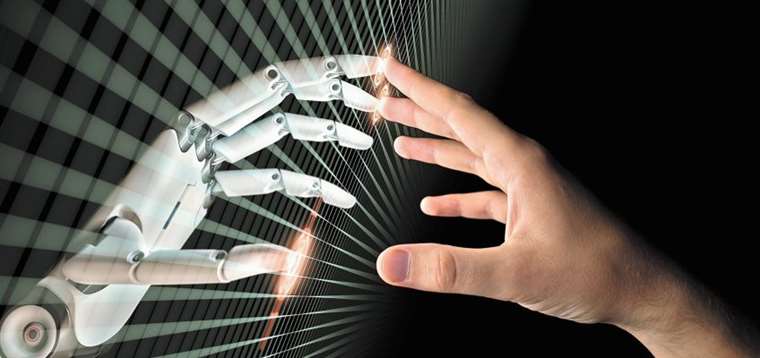July 11, 2023, 11:42 AM
July 11, 2023, 11:42 AM
Artificial intelligence (AI) will “certainly have a considerable effect on the labor market”but so far “it mainly influences the quality, rather than the quantity, of jobs,” according to an OECD report published on Tuesday.
In their “Employment Outlook 2023”, The Organization for Economic Cooperation and Development (OECD) underlines the “great uncertainty” about the “current and especially future effects of AI on employment”.
The Paris-based organization believes that artificial intelligence It will affect “almost all sectors of activity” and considers the speed of progress made “unprecedented”.
The OECD indicates that, according to studies published“few elements point to significant negative impacts of AI on employment”. Any “negative effects” may “take time to materialize,” she says.
Based on these studies, artificial intelligence would mainly positively influence the “quality of jobs,” according to the report.
Workers and their bosses consider, for example, that this technology can reduce “heavy and dangerous tasks”, which improves the motivation and safety of workers.
But “it is not without risk”, since “it appears that the automation of simple tasks by AI has sometimes resulted in a more intense work pace for workers,” warns the OECD.
Faced with eventual “risks”, The economic cooperation agency calls for legislating, training workers and to accompany them in those companies that opt for a transition towards AI.
Regarding the labor market, the study points out that “unemployment rates reached their lowest level for several decades,” despite inflation and a slowdown in the post-coronavirus economic recovery.

















